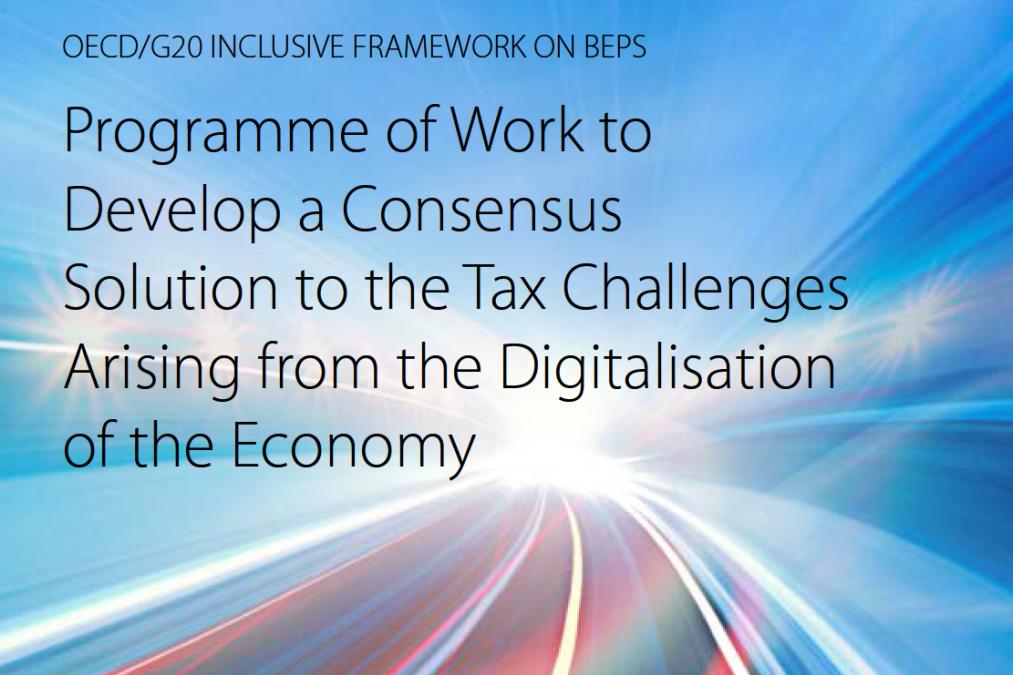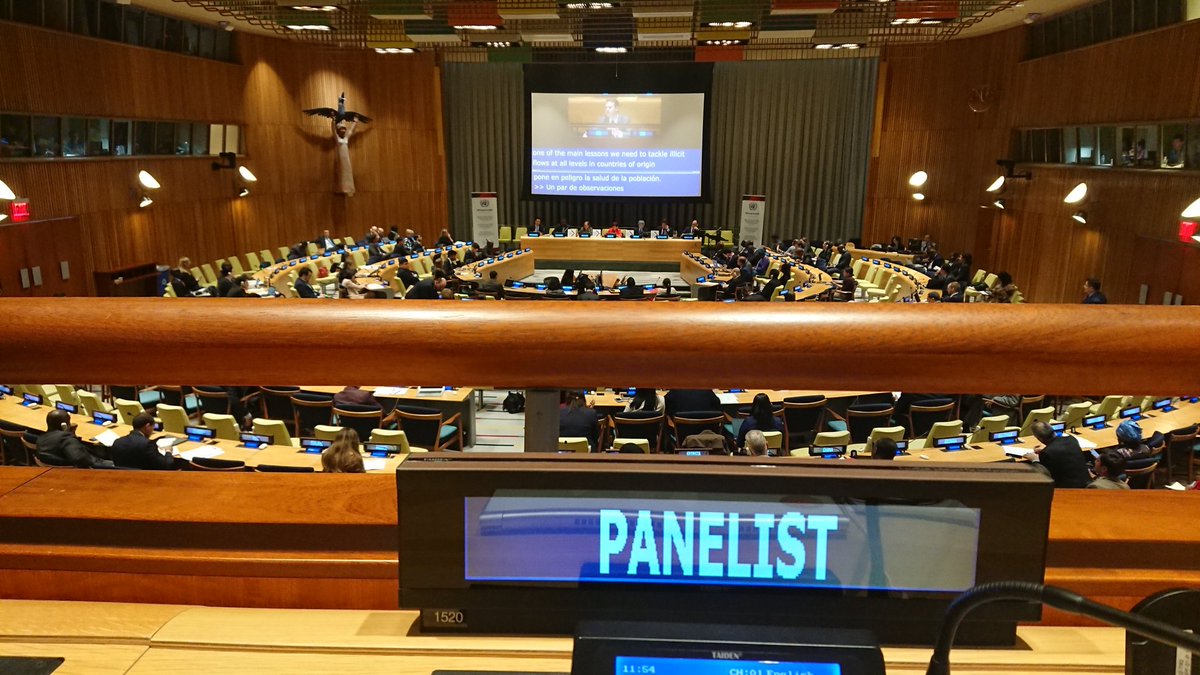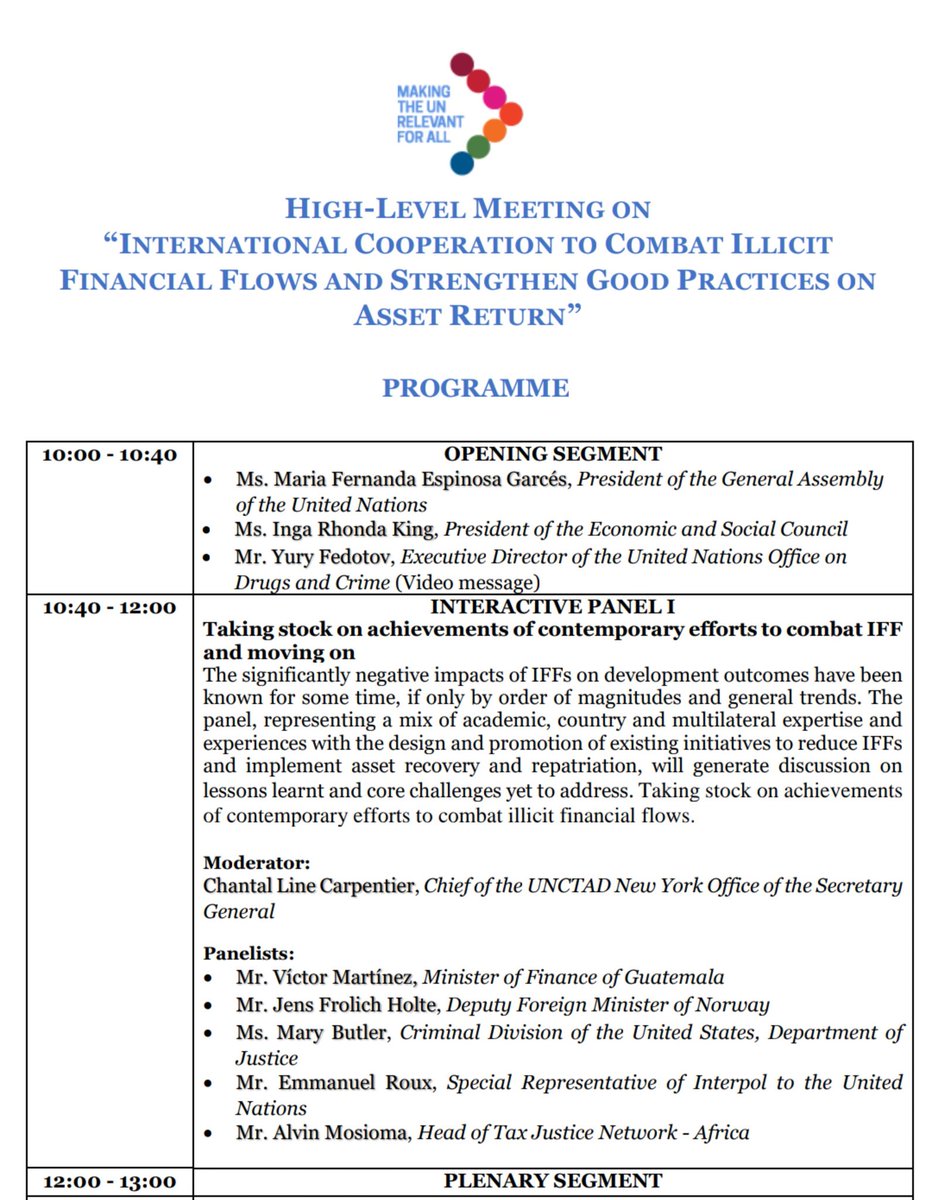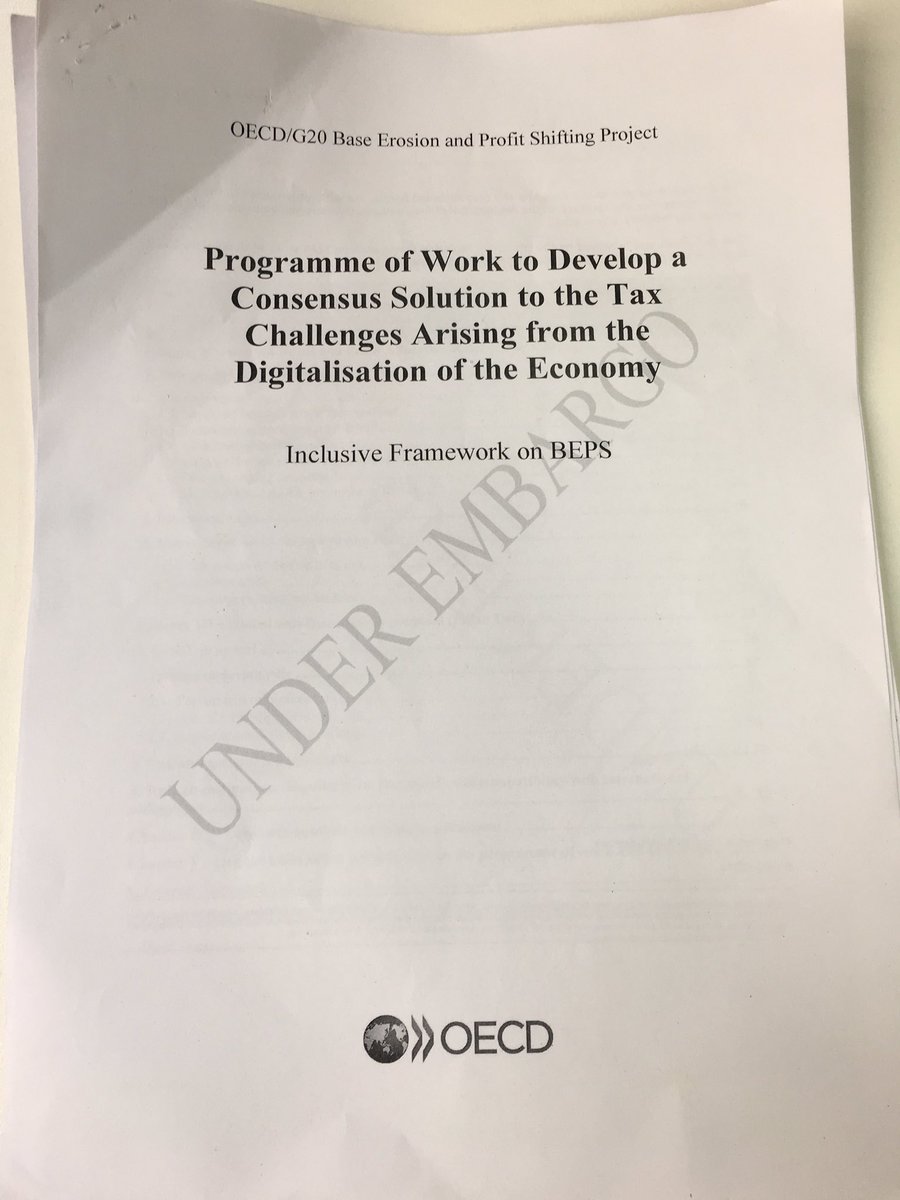But is that white light a brave new future beckoning, or the headlights of history about to run over the whole effort?

Here's their press release and link to the report: oecd.org/tax/beps/inter…
See e.g. the work of @ICRICT taxjustice.net/2018/02/07/icr…








